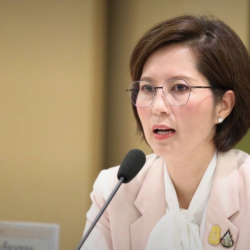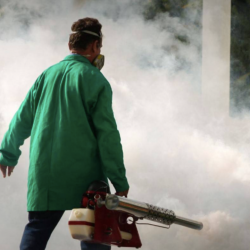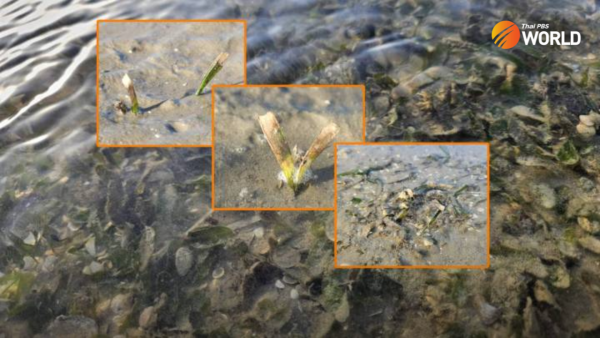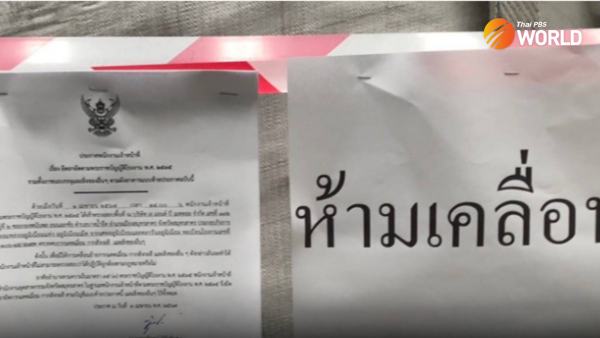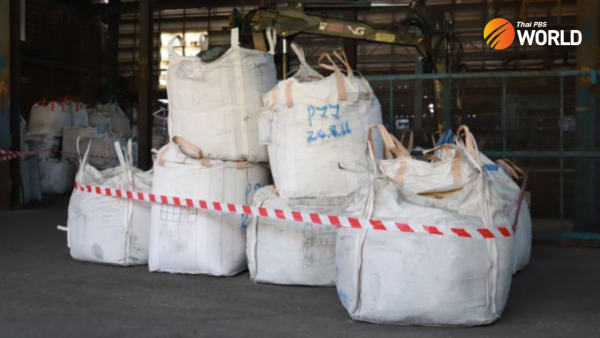Seoul airport bus to rely on hydrogen by 2030
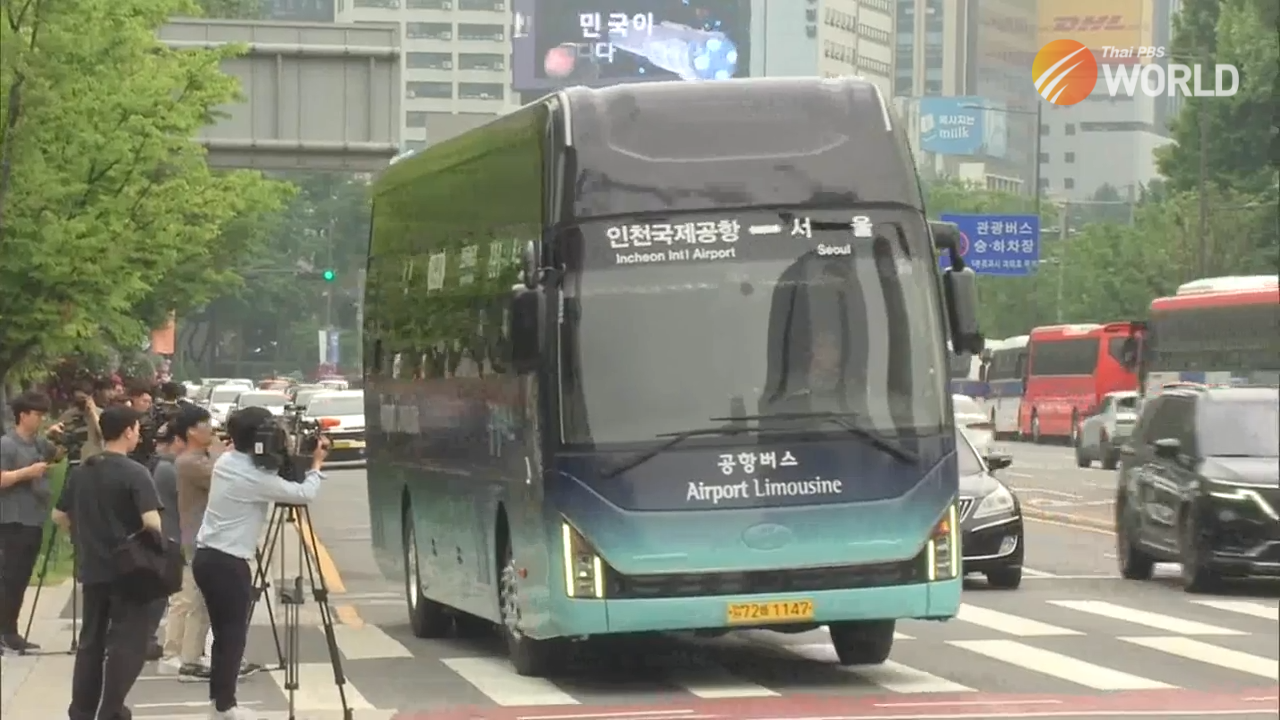
Seoul metropolitan government announces that all airport buses will be replaced by hydrogen buses by 2030. Most of airport buses are diesel-powered at present.
This airport bus travels between Incheon International Airport and all corners of Seoul every day. Roughly 450 buses are operating in 43 routes. One airport bus travels an average of 550 kilometers per day.
Unlike city buses that run on natural gas or other green sources of fuel, most of these long-haul buses rely on diesel. Large diesel buses emit 30 times more greenhouse gases and 43 times more fine particulates than ordinary passenger vehicles.
These buses are one of the main culprits of air pollution in the Seoul metropolitan area. Subsequently, the Seoul city government decided to replace 70% or some 300 airport buses currently in service with hydrogen buses by 2026 and all airport buses by 2030.
Hydrogen buses do not emit carbon dioxide or other air pollutants. Also, it takes less than thirty minutes to charge a hydrogen bus, shorter than the charge required for an electric bus.
Hydrogen buses are perfect as airport buses since they can travel more than 600 kilometers per day, just like internal combustion engine vehicles It is estimated to take about 300 million won per bus for the replacement.
Seoul Metropolitan Government official, Jeong Sun-gyu, said that a hydrogen bus is also capable of filtering out dust from incoming air, so they expect the buses to play a big role in improving the city’s air quality.
Seoul plans to put into service around 1,000 hydrogen buses on city bus routes by 2026 and add five more hydrogen refill stations to the current nine. However, it is imperative to ensure the safety of the vehicles and recharging stations as a hydrogen tank explosion in 2019 had left eight casualties.
By KBS

